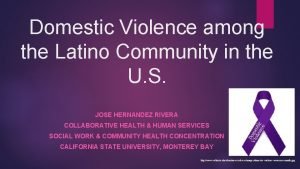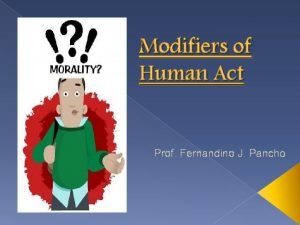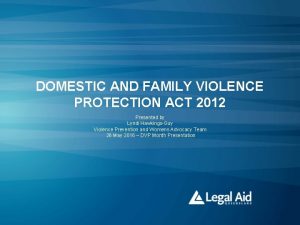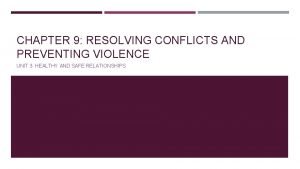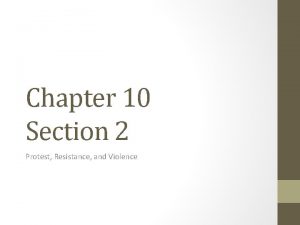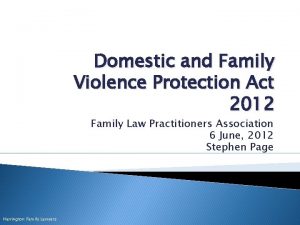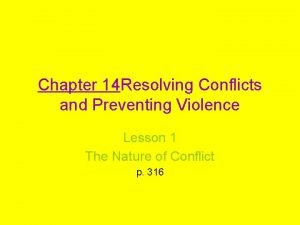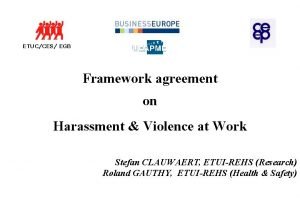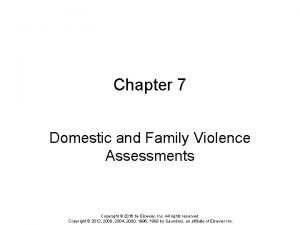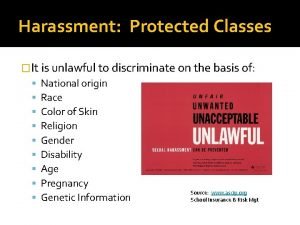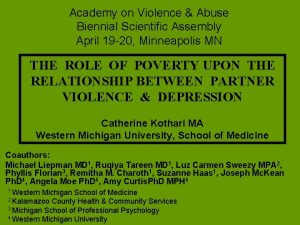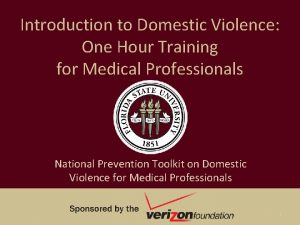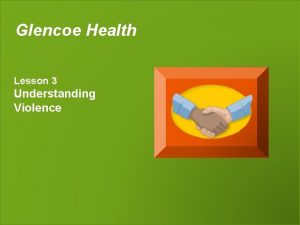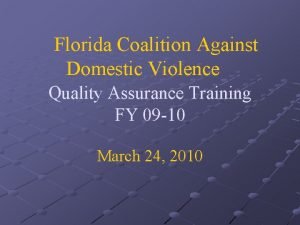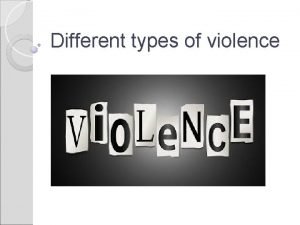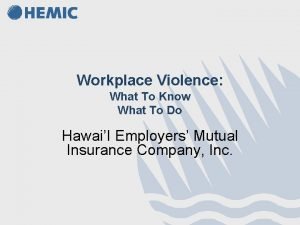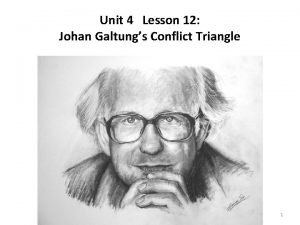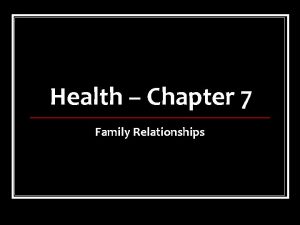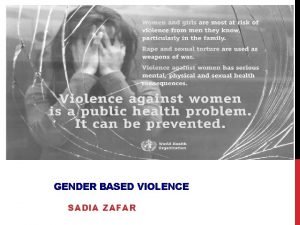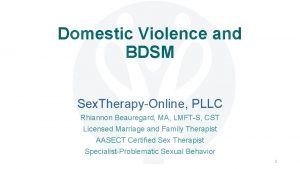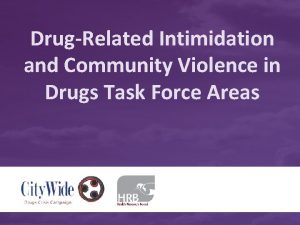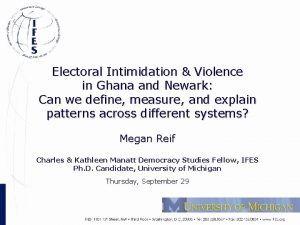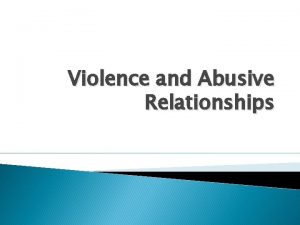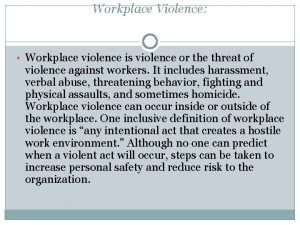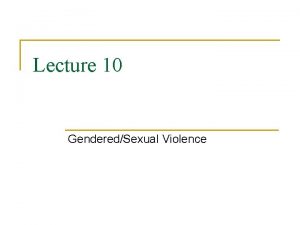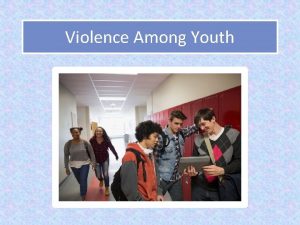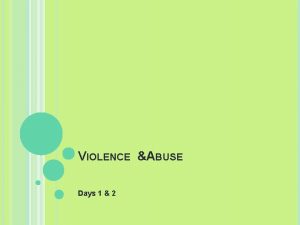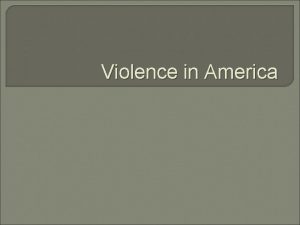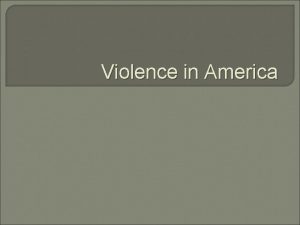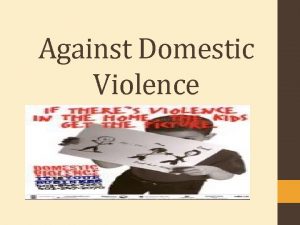DrugRelated Intimidation and Community Violence in Drugs Task
































- Slides: 32

Drug-Related Intimidation and Community Violence in Drugs Task Force Areas

Research Origins • 2011 seminar on intimidation • 2012 Citywide Policy Document: committed Citywide to pursuing concrete proposals for a co-ordinate response • 2013 seminar: research proposal by Johnny Connolly from Health Research Board

Research Aims • To access the hidden experience of drug-related intimidation nationwide • Highlight the situation to policy makers and the wider public • To assist communities in developing locally based, effective, and sustainable responses • This audit raises questions for discussion, not solutions: what are key areas that we need to investigate.

Process • All Local and Regional Drug Task Forces were invited to participate. • Incident report forms sent to 13 Drugs Task Forces. • Total of 140 incidents reported • Six focus groups: Travellers, Ex prisoners, Family Support, Drugs Task Force

Summary of key findings

Q 4 – Approximate time of day when incidents occurred: 16% 25% 46% 24%

Q 6: Who is the intimidation or violence directed at? 75% 12% 33% 12% 7% 4% 1% 2% 3%

Q 8 – Who reported the incidents? 50% 39% 4% 4% 5% 1% 1%

Q. 9 – Reported reasons behind the intimidation or violence: To frighten 52% To reclaim drug debt 74% To obtain money (extortion) 17% To reclaim illegal money lending 7% debt To enforce gang control 13% To enforce silence regarding drug dealing To enforce silence regarding other illegal activities To recruit into illegal activities Reasons unknown 7% 4% 7% 2%

Q 7. Nature of the incidents: 76% 46% 32% 6% 10% 9% 1% 1% 1%

• Escalation from verbal to physical • Repeated incidents go on for months • A campaign of terror that causes stress and despair for families • Puts great strain on project workers who are doing a difficult job with lack of resources • Coercion and entrapment: assisting dealers activities, storing and delivering drugs and weapons

Q. 10 – If drug-related, how much money was involved? 3% 18% 21% 26% 13% 9% 10%

Q. 11 - Gender and approximate age of those carrying out incidents: 13% 15 -17 38% 18 -25 26 -35 48% 21% Female: 19% Over 35 11% 15 -17 Groups: 70% 44% 18 -25 44% 26 -35 19% Male: 81% Over 35 Individuals: 30%

Q. 12 – What action did victims/families take in response to the incident? 30% 45% 17% 21%

Q. 13 – If the victim/family previously reported the incident, who did they report it to? 32% 6% 28% 61% 2% 2% 3%

Q. 15 – If they didn’t report it to Gardai, why not? 50% 44% 29% 74% 4%

Q. 16 – Consequences of incident: Health/Wellbeing Mental Health Issues 67% Other Health Issues 30% Physical Injury 37% Sexual Harm Permanent Disfigurement 4% Suicide 1% Death 2%

Home and Family/Relationship breakdown 48% Fear for children’s safety 43% Fear for personal safety at home 70% Temporarily leave home Permanently leave home 21% 17% Homelessness 8% Finance Money problems Engaged in illegal activities to repay drug debts 56% 28%

Work Increased workplace stress 12% Fear for personal safety in work 9% Left employment due to fear 8% Social Fear for safety in local area 67% Avoid certain areas 59% Avoid certain people/families 54% Social Isolation 34% Forced to engage in illegal activities 20%

Focus Groups Emerging themes from analysis of focus group data. . .

Victims and Perpetrators • Debt has to be paid, fear and respect generates income • There is a large middle group who maintain control • Intimidating families is a way of flushing the drug user out

• The victims can also be perpetrators; harass and/or threaten family members to pay debts. • Drug users are intimidating vulnerable people to pay for their own drugs. • Dealers who source drugs on credit are under threat from suppliers, threat is passed on to customers/users: hierarchy of coercion

Young People • Young people are getting into huge debt over weed; coerced into ‘working the debt off’ • There is intimidation in schools as young people are geographically far from each other outside of school. This is treated as bullying but nothing much is being done about it. • Fear of attack over debts is a cause of early school leaving. • Some young people carry weapons to school.

• How can schools best respond? What procedures are in place? • Young people in the area have been forced to hold drugs. They have been caught by Gardai, they then have a bill to pay. • Youth and community workers notice behavioural changes in young people; hear stories about victimisation; self harm; suicide attempts • Some young people are anxious about family members who are taking drugs and being intimidated

Reporting • Youth workers feel their hands are tied because parents tell them about intimidation and they don’t know if they should tell them to go to the Gardai, pay up or face the consequences. • There is a belief that nobody can do anything including the Guards. They know that if someone goes to prison they will get back out quickly.

Protection fear • Some parents will contact projects or groups but don’t want it to go further. • Fear of reprisal is stopping people from reporting intimidation • Workers are afraid to speak with gardai about threats or violence that has been directed against them

Finances • People are struggling to pay debts and using loan sharks. • People have sold their houses to pay off drug debts and can’t get on to social housing lists because the Council believe that they should have the proceeds of the sale to pay for accommodation. • Interest or ‘waiting money’ is widespread; Debts can be sold on to collectors so payment increases

• Parents get a variety of responses depending on who is intimidating them. Paying can perpetuate the problem. • Incidents are ongoing where families pay a debt and then drugs are offered to users on credit again because they know they will pay and another debt is accrued. • Families are paying debts even when no direct threat: consequences for non payment are clear

Community • Some flat complexes are no go areas. Staff feel threatened but won’t report. • Many in the community view the community workers as ‘rats’ and they often feel intimidated going to work. • The situation has had effects on community involvement. Fear prevents participation. • Non drug related crimes are not reported because the perpetrator may be part of a gang; fear of reprisal from drug dealers.

Conclusions • Fear of reprisal was the number one reason for not reporting; not reporting as the number one theme from the audit. • Demonstrates how drug crime is mediated by social class, poverty and deprivation. In most communities surveyed in nationwide victimisation polls non reporting of crime is rarely because of fear of reprisal. Huge challenge for community policing. How should the State respond: community safety structures require resources.

• The social, emotional, and psychological stress that drug debt and the violent attention of dealers’ causes in the midst of poverty, disadvantage, austerity, and unemployment, needs to be emphasised in the strongest possible terms. • Top down system of enforcement where predatory individuals are making great profits. • Dominant drug dealers have tremendous power and communities are at a loss. People feel helpless. The power has to shift.

Thank You
 Bullying definition
Bullying definition Witness intimidation by prosecutor
Witness intimidation by prosecutor Domestic violence in the hispanic community
Domestic violence in the hispanic community Tiered task bias task
Tiered task bias task Modifier affected your human act
Modifier affected your human act Domestic and family violence protection act 2012
Domestic and family violence protection act 2012 Gandhi king and mandela what made non-violence work dbq
Gandhi king and mandela what made non-violence work dbq Chapter 9 resolving conflicts and preventing violence
Chapter 9 resolving conflicts and preventing violence Chapter 27 anger aggression and violence
Chapter 27 anger aggression and violence Chapter 10 section 2 protest resistance and violence
Chapter 10 section 2 protest resistance and violence S68r family law act
S68r family law act Chapter 9 resolving conflicts and preventing violence
Chapter 9 resolving conflicts and preventing violence Rising tide chapter
Rising tide chapter Framework agreement on harassment and violence at work
Framework agreement on harassment and violence at work Routine, universal screening for domestic violence means: *
Routine, universal screening for domestic violence means: * Workplace violence and harassment quiz answers
Workplace violence and harassment quiz answers Chapter 10 section 2 protest resistance and violence
Chapter 10 section 2 protest resistance and violence Academy on violence and abuse
Academy on violence and abuse Indicators of potential workplace violence:
Indicators of potential workplace violence: Conclusion of violence
Conclusion of violence Thesis statement about gun control
Thesis statement about gun control Chapter 9 lesson 3 understanding violence
Chapter 9 lesson 3 understanding violence Florida coalition against domestic violence
Florida coalition against domestic violence Different types of violence
Different types of violence Expressive violence
Expressive violence Indicators of potential workplace violence
Indicators of potential workplace violence Borderline violence conjugale
Borderline violence conjugale Galtung’s conflict triangle
Galtung’s conflict triangle The three r's for stopping domestic violence
The three r's for stopping domestic violence Pyramid of gender based violence
Pyramid of gender based violence Family violence intervention program atlanta
Family violence intervention program atlanta Domestic violence kink
Domestic violence kink Adolescent family violence program
Adolescent family violence program


